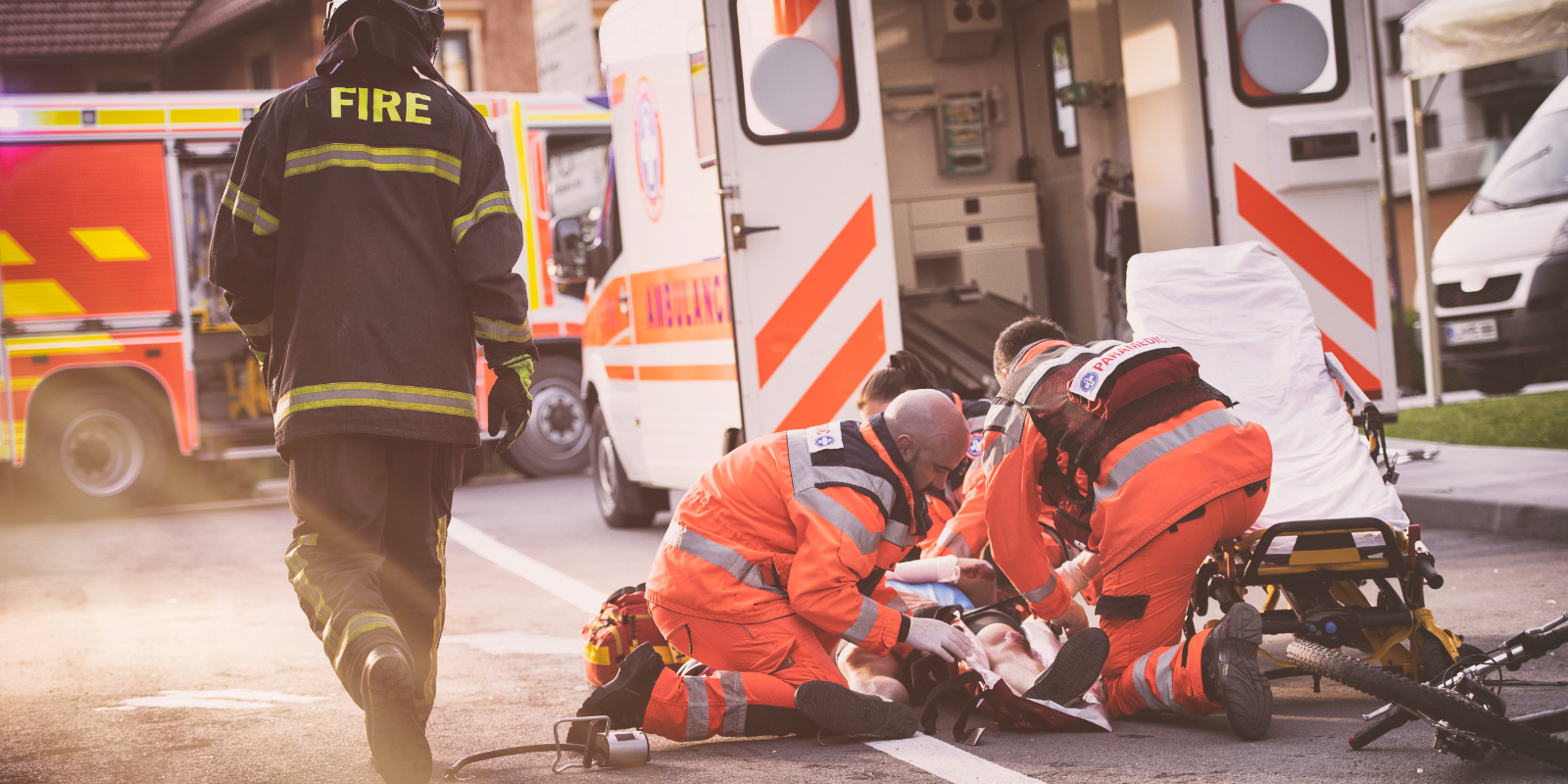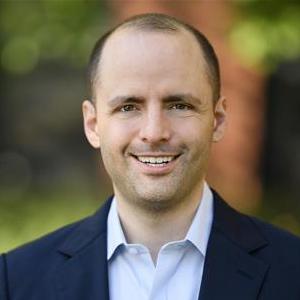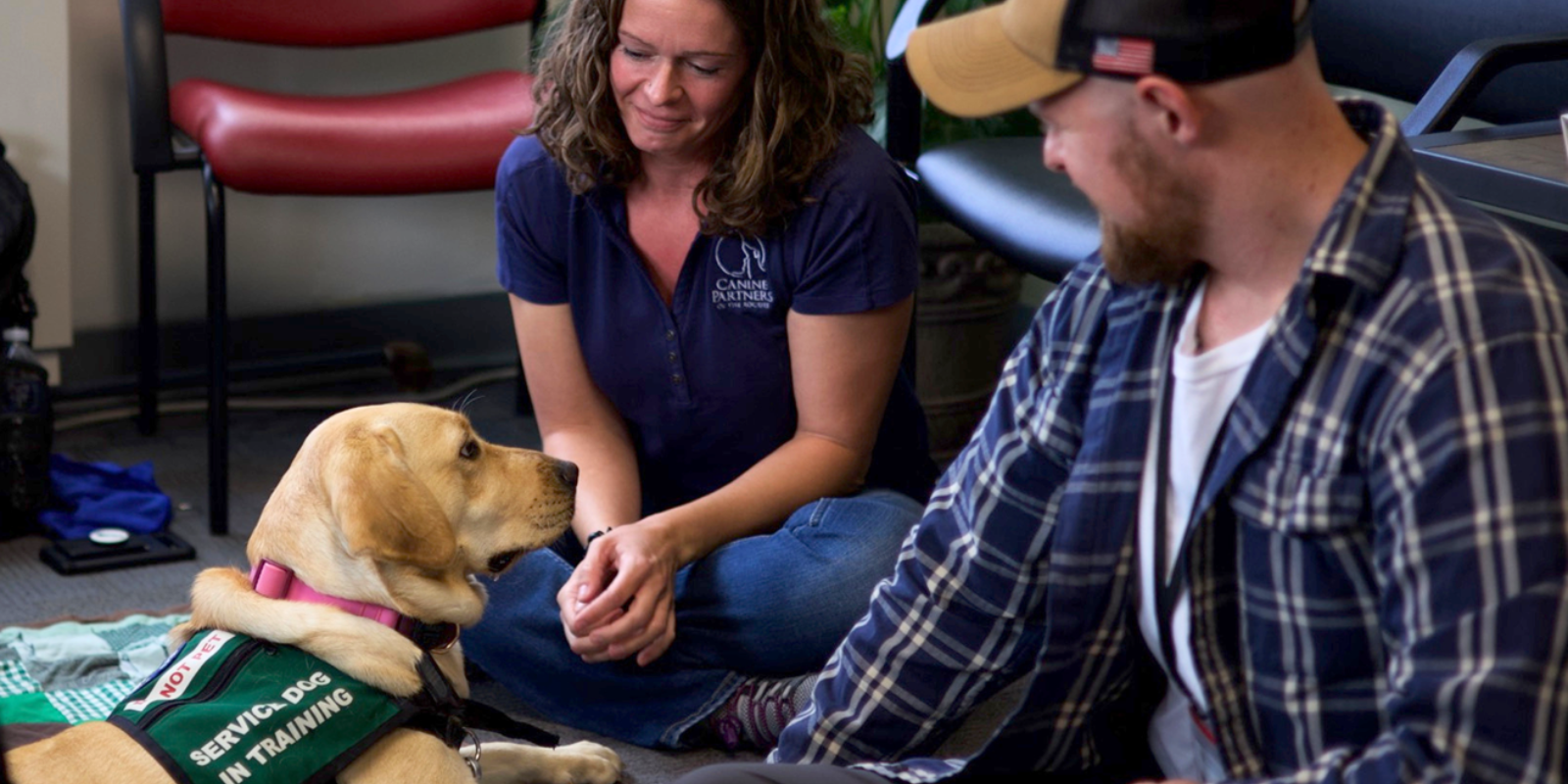Responding to destructive wildfires, mass violence events, or everyday medical emergencies can be a normal day on the job for many first responders, but these sometimes dangerous and often traumatic incidents can also take a psychological toll.
As many as 30% of police officers, firefighters, and emergency medical services (EMS) personnel, which includes ambulance workers, paramedics and emergency medical technicians (EMTs), will develop behavioral health challenges, according to the Substance Abuse and Mental Health Services Administration. This includes depression, anxiety, post-traumatic stress disorder (PTSD), substance abuse, and other issues.
Researchers working with the University of Colorado Center for Combat Medicine and Battlefield (COMBAT) Research emphasize the need to conduct solutions-focused research on first responder psychological health, laying the groundwork for building effective resources that support public safety workers and their communities.
“In our field, we often say, ‘if you know one EMS system, you know one EMS system.’ There’s a tendency to group together all of our first responders: EMS, police, and fire, but the reality is that it’s all different,” says Angela Wright, MD, associate professor of emergency medicine who in 2023 helped launch the UCHealth Medical Education on the Delivery of Innovative Care (MEDIC) program to train emergency medical responders.
“Being a volunteer firefighter in a rural setting or a volunteer EMT is very different than being a full-time paid urban responder — which is very different from the first responders who battle wildfires— and so what we need in the research world next is to collect the data and information while recognizing that one size is not going to fit all when it comes to finding solutions that work,” she continues.
Translating data to resources
Research confirms that the high-risk nature of first responder work increases the likelihood of psychological health conditions. In one study, nearly 70% of EMS professionals surveyed said they never have enough time to recover between traumatic events. This can lead to depression, stress, and several other mental health challenges.
“Generally, compared to civilians, there are higher rates of post-traumatic stress disorder, or PTSD, higher rates of substance use and alcohol related disorders, and higher rates of sleep disturbances,” says Ian Stanley, PhD, assistant professor of emergency medicine.
“You can imagine, of course, there are occupational-related reasons for that: shift work, repeated trauma exposure, workplace culture, and different coping mechanisms. But what’s often lost in these narratives is that life happens outside of the job, too, so these traumatic events can exacerbate some of those existing conditions,” he continues.
For over a decade, Stanley has been collaborating with first responder organizations to gather and analyze data related to mental health among first responders.
In a first-of-its-kind study, Stanley and colleagues found elevated rates of suicidal thoughts and behaviors in firefighters, particularly those working in departments providing EMS services. This foundational study led to a series of follow-on work examining risk factors and points of intervention, including PTSD. This work also spurred collaborations between Stanley and Wright.
As a faculty member and the psychological health Lead at the CU Center for COMBAT Research, Stanley sees a unique opportunity to turn data into actionable resources—improving education, resources, and infrastructure for first responders and their communities.
“The COMBAT center appreciates the dual capacity of research to benefit not just service members and their families, but also the communities in which they live,” he says. “This philosophy translates to our civilian first responders, too.”
Mental health challenges can increase attrition and impair a provider’s ability to offer optimal care. “That, of course, will affect communities,” Stanley says.
Foundations for a strong framework
Collecting the needed data to inform resources doesn’t come without challenges. Funding is a major hurdle, Stanley and Wright say. Another is that first responders often fear career repercussions.
“You're not going to be as likely to seek out those services or open up if you know that results in your chart going back to your boss and the person that writes your paycheck,” says Wright, who is the EMS medical director for University of Colorado Hospital and the UCHealth Denver metro region. She also worked as an EMT before becoming a physician.
As a result of these challenges, partnerships between scientific investigators and public safety departments and organizations have become crucial to research.
“There has to be some community buy in,” Stanley says.
There are bright spots, however, and progress is taking shape. Now, researchers are focusing on various first responder jobs and the resources needed for those differing experiences.
“Historically, there have been resources dedicated to police, specifically, and even fire, because those are often supported with a different funding model within municipalities or counties, whereas EMS is quite often a different structure for funding and sustainability, depending on what system they're working in,” Wright says. “EMS seems to me to be the last straggler.”
Without critical research, first responders may not receive the support they need, which jeopardizes both their well-being and public safety.
“We need to start supporting the system in a way that allows our first responders to thrive. Without these programs and support for the research and efforts to assist them, our clinicians have higher risks of leaving the job, higher rates of potentially developing a substance use issue, and higher rates of suicide. All of these outcomes are tragic for our communities,” Wright says.




